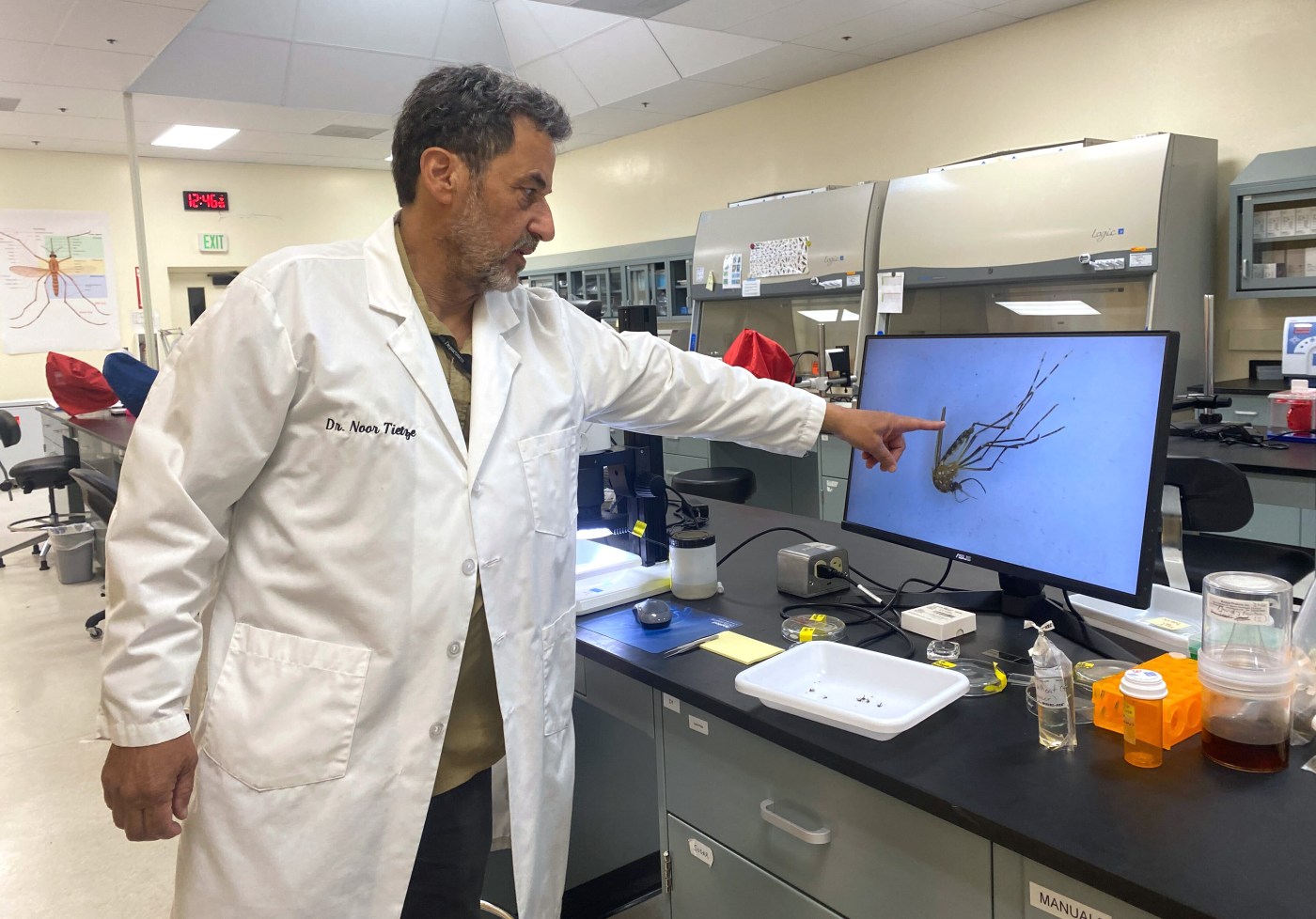Anthony Fauci recently disclosed that he was hospitalized after catching the dreaded mosquito-borne West Nile virus, telling Stat News, “I really felt like I’d been hit by a truck.”
Well, mosquitoes suck. And mosquito-borne illnesses — malaria, yellow fever — have long sucked for humanity. Cases of eastern equine encephalitis, another mosquito-borne illness, have recently popped up in Massachusetts. Some outdoor events in high-risk areas, such as Oktoberfest celebrations in Vermont, are being canceled.
Mosquito-borne diseases like these are widening their range partly because of climate change, but they’re still relatively rare in the United States.
This wasn’t always the case. Yellow fever, for example, caused multiple major epidemics in the United States, changing the course of history. But advances in science led to better understanding of its transmission and the development of a vaccine, as well as a public health response to eradicate mosquitoes in urban areas. The United States hasn’t had a major yellow fever outbreak since the one in New Orleans in 1905. And that history also points to what Americans need to do now, when faced with other mosquito-borne illnesses: We need a widespread public health response to eradicate mosquitoes in more densely populated areas and to place a renewed focus on developing new vaccines.
Related Articles
Errors in Deloitte-run Medicaid systems can cost millions and take years to fix
When should I get flu and COVID shots? Experts disagree — but say get them however you can
Patients suffer when Indian Health Service doesn’t pay for outside care
Stanford student’s scientific discovery that turns mouse skin transparent echoes plot of H.G. Wells’ ‘The Invisible Man’
Disability rights activist pushes government to let him participate in society
In addition, the best individual defenses are to use nets and screens to keep mosquitoes from entering indoors, to properly cover up as much as possible when outside — stuff those hiking pants into socks! — and to use a proper insect repellent. In many studies, DEET, Picaridin and PMD top lists of effectiveness.
I personally stick with DEET; it’s been around the longest, and thus is most studied. Yes, DEET has an unpleasant odor at first, but I’d rather smell that than contract a mosquito- or tick-borne illness, like Lyme. (Picaridin seems like a good alternative, too, and lacks the odor.)
With time, I do truly hope that we will develop new vaccines. It’s easy to forget what it took for past successes against terrible illnesses, but the price of public health is constant vigilance.
Zeynep Tufekci is a New York Times columnist.












